This Little Loose Part of Mine
Hershel and the Hanukkah Goblins
Written by Eric Kimmel
Illustrated by Trina Schart Hyman
Loose parts can be anything! As long as children are encouraged to manipulate, explore, create, and transform them freely.
And, of course, it’s common to bring in objects for activities that connect with a story or topic that children are examining.
This week, think outside the (always popular!) loose part cardboard box!
These are items from the story that children may use in many different ways.
Why does it matter? Often children hear words and see pictures of objects that they don’t have a lot of firsthand experience with.
Offering them time to play with things in many different ways helps them to construct a deeper understanding of the physical world, AND supports their ability to visualize!
Which leads to language development and literacy, as well as initiative!
Here are some unique loose part ideas to try!
Dreidels and Spinning Tops
What You’ll Need:
Dreidels (they come in wood, plastic, and blank from Amazon or elsewhere)
And/or a variety of other spinning tops from
Garage sales or thrift shops
Dollar Stores (check the birthday favor section)
Toy stores
Flat surface(s)
Some Basics
The fun of tops is, well…spinning! BUT: tops as loose parts can be whatever children imagine them to be! Consider NOT demonstrating how a top spins before setting them out for children to explore.
Where you place the tops and surrounding materials will invite varied responses! Try them in:
Blocks
Dramatic Play
Art
Table Toys/Manipulatives
Outside
What schema are individual children constructing right now? Consider how you can support this by combining loose parts with different materials (e.g baskets or boxes if they are transporting; block ramps if they are interested in dynamic vertical or horizontal, etc.).
Of course be aware of safety and whether the size of the top poses any kind of a choking hazard for very young children (most do not).
Battery-operated Candles
What You’ll Need:
Variety of battery operated candles
Optional extras nearby might include:
Transparent jars, cups, containers
Sheer fabric or scarves
Translucent/transparent papers, e.g. tissue paper, cellophane etc.
Nature items such as pinecones, sticks, evergreens, acorns etc.
Mirrors
Magnifying glasses
Some Basics
As with all loose parts: where they are placed matters! (See above). Try placing the candles in a different center/area each day to see what the children do.
Lights are for lighting! Batteries usually last a long time with such tiny glows. While kids may explore them in different ways, be prepared for the on/off switch to be well used! Nothing stifles the magic of loose parts play more than worrying about “wasting batteries.”
Turning overhead lights down or off enhances the play.
There were many articles online about using battery-operated candles for light and shadow exploration. One mentioned using caution because of the danger of young children swallowing button batteries. If this is a concern you have, consider collecting candles with screws, instead of tabs for the battery compartment.
Potatoes
What You’ll Need:
Potatoes!
Optional extras may include:
Bags, containers, pots and pans, plates etc.
Blocks
Trucks and tractors
Masking tape
String or yarn
Paper
Golf tees (if you won’t be using them for cooking)
Magnifying glasses
Pan scale
Some Basics
Using real food for play is controversial because of food insecurity. I have included potatoes as a loose part because I think they can be both loose parts AND THEN food. Unpeeled, raw potatoes take a beating and still get eaten…as long as they are washed and peeled first. Just a thought. (And they make a wonderful foundation for Stone Soup! Or latkes, course!)
Potatoes’ wide variation makes them especially fascinating for young children. This makes them especially open-ended for exploration.
If potatoes are not washed first they will last longer, according to potato farmers.
How This Develops Initiative and Resilience
There are few play invitations as open-ended as loose part play. And it is this open-endedness that is such fertile ground for the protective factor of initiative.
Children can practice the schema that they are currently constructing. They come up with their own ideas. They solve their own problems. They create their own connections. They share their discoveries and see as others repeat them and expand them.
Loose parts=Ordinary Magic…and so much fun!
More on Loose Part Play
There are countless wonderful books and articles on Loose Parts Play! This one is a great introduction if you’re just getting started, and has some unique ideas for veteran loose parts advocates, too!




